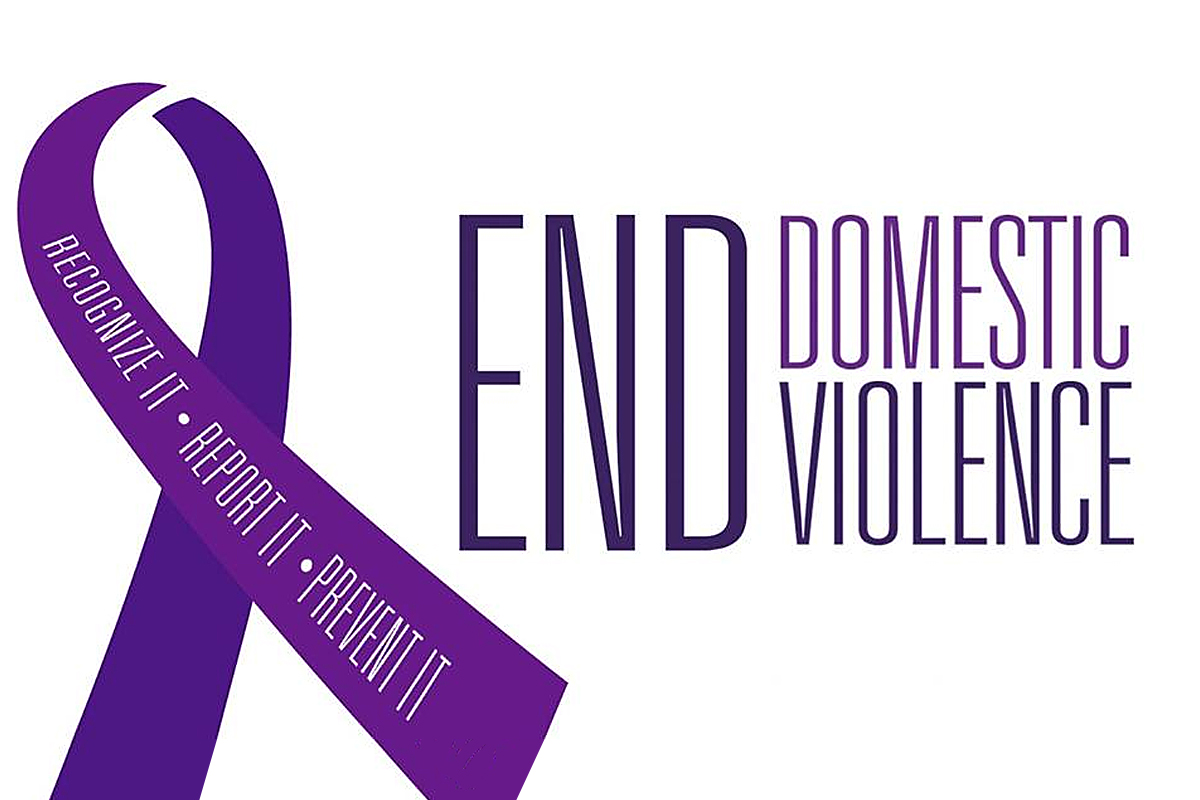
SPRINGFIELD — State Senator Natalie Toro is working on new legislation to ensure protections for survivors of sexual assault and domestic violence by expediting the process to receive protective orders against perpetrators and increasing workplace safeguards.
“For too long, people have fallen victim to violence or assault after concerns for their safety were not taken seriously,” said Toro (D-Chicago). “It is time we turn our commitment to believing survivors into policy and strengthen protections for survivors to prevent further harm.”
Protective orders are vital for the safety of survivors of sexual assault, domestic violence and stalking by separating an alleged offender from the alleged victim. Nearly 56,000 protective orders were filed in Illinois during 2021 alone. However, these orders are only effective if they are served or if a short order notification is issued.
Short form notifications are triggered during routine interactions with law enforcement, allowing officers to inform offenders of the protective order. Under current law, law enforcement officers are not required to service short form notifications. Senate Bill 2604 would require law enforcement to serve short form notifications if they encounter someone with an unserved protective order.
Further, Senate Bill 2605 increases protections in the workplace for people with protective orders by requiring managers to immediately call law enforcement if the offender appears on the premises during the survivor’s work hours. Together, these measures will strengthen protections for survivors and offer better peace of mind.
“Navigating the world as a woman — especially as a woman of color — requires us to be vigilant for our safety because those entrusted to protect us have not always listened to our very real concerns about threats of harm,” said Toro. “With these laws, I hope survivors of domestic violence and sexual assault are afforded more protections and can instead focus on healing from these traumas.”
Toro looks forward to working with advocates and community stakeholders on advancing Senate Bill 2604 and Senate Bill 2605 during the legislative session.













 © 2026 Illinois Senate Democratic Caucus
© 2026 Illinois Senate Democratic Caucus